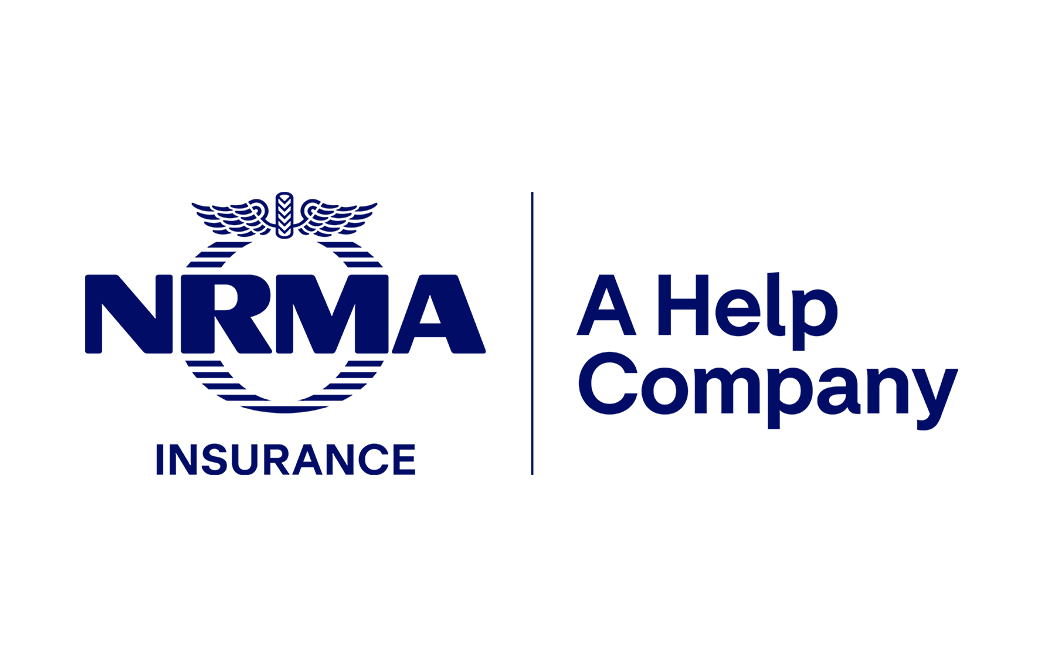Embracing radical transformation: The future is now
Disasters are neither natural nor inevitable, but they are increasingly intense and costly: economically, socially, culturally, and in terms of biodiversity, for us and for the planet. It is time to embrace radical transformation if we are to create a resilient future.
The world we are facing is increasingly volatile and complex. In a deeply interconnected world, Australia is not immune to the flow-on effects of incidents occurring internationally, and the risks posed by our changing global climate. For the first time, from July 2023 to June 2024 global temperatures consistently surpassed 1.5°C of warming above pre-industrial levels (Poncet, 2024).1
Within Australia each year, people, the economy, social functions, essential services and the environment are affected by significant incidents that are increasingly costly and significantly disrupt how we go about our lives. The consequences of these incidents are often felt for years to decades.
Hazards will inevitably occur, but they don't need to become disasters. Building a safer, more resilient future requires all of us - governments, the private sector, the non-government sector, communities and individuals - to better understand systemic risks and how our collective and individual choices can increase or decrease vulnerabilities across the system. Weaving together sustainable development, disaster resilience, and climate adaptation will be a crucial part of this, as we work to create a resilient future for all.
While it is important to look to the past for lessons, we also need to look forward, to see what is coming over the horizon. We need to think systemically, considering actions required in all domains e.g. the natural environment, the built environment, health and wellbeing, social and community capital, the economic environment and the cultural environment. We need all sectors to engage in this discussion, plan for the future, and take action.
Addressing volatility and emerging complexities requires new, creative and alternative perspectives that move us towards the transformations we need across the system, if we are to create a resilient future. We need to look locally, nationally and internationally for ideas, partnerships and solutions. We need to embrace radical ideas and transformations, imagine different possible futures, ask hard questions, have uncomfortable conversations, take courageous decisions and change our individual and collective behaviour.
1. Poncet, L. (2024, July 30). Global temperatures exceeded 1.5°C warming for a full year: what does this mean for the Paris Agreement? Retrieved from Climate Extremes: https://climateextremes.org.au/global-temperatures-exceeded-1-5c-warming-for-a-full-year-what-does-this-mean-for-the-paris-agreement/#:~:text=For%20the%20first%20time%2C%20global,EU's%20Copernicus%20Climate%20Change%20Service



